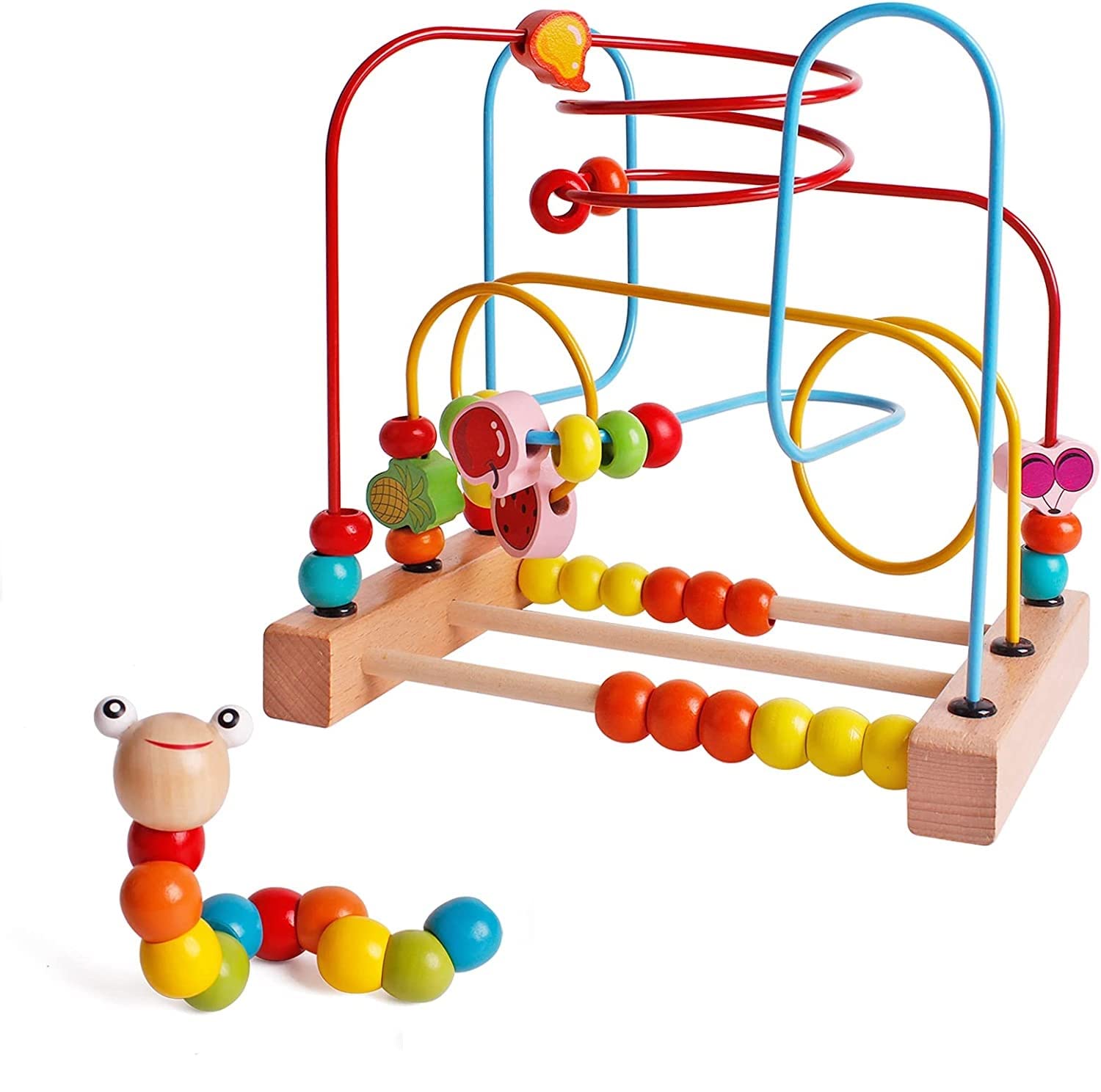The world of baby toys can be overwhelming, with countless options vying for attention on store shelves and online platforms. Amidst this sea of choices, Montessori baby toys stand out as a beacon of purposeful design and developmental enrichment. Rooted in the educational philosophy of Maria Montessori, these toys prioritize simplicity, functionality, and engagement with the child’s natural curiosity and developmental stages. In this curated collection, we delve into the realm of Montessori baby toys, exploring their unique qualities and benefits for early childhood development. One hallmark of Montessori baby toys is their focus on sensory exploration. From soft fabric books with different textures to wooden rattles and teethers, these toys stimulate a baby’s senses, fostering cognitive growth and fine motor skills development. For instance, a Montessori-inspired fabric ball with various textures encourages tactile exploration and hand-eye coordination as the baby grasps, squeezes, and explores its different surfaces.

Moreover, Montessori toys often incorporate elements of cause and effect, promoting a baby’s understanding of how their actions can influence the world around them. A classic example is a simple wooden stacking toy, where the baby learns to stack rings of different sizes on a central peg. This activity not only enhances their hand-eye coordination but also teaches fundamental concepts of spatial relationships and problem-solving as they figure out how to balance the rings. Another key principle of Montessori baby toys is their emphasis on open-ended play. Unlike toys with predetermined functions or electronic gadgets that dictate play montessori wooden toys, Montessori toys encourage creativity and imagination. A set of wooden blocks, for instance, can be transformed into a myriad of structures by a baby’s inventive mind, fostering spatial reasoning, creativity, and a sense of accomplishment as they build and explore. In line with Montessori philosophy, these toys are designed to be aesthetically pleasing yet simple, avoiding overstimulation and allowing the child’s focus to remain on the play experience itself.
Natural materials such as wood, cotton and safe, non-toxic paints are commonly used, reflecting Montessori’s belief in connecting children with the natural world and promoting sustainability. Furthermore, Montessori baby toys often incorporate elements of real-life objects, providing opportunities for practical life skills development. A child-sized broom or mop, for example, encourages imitation and participation in household activities, fostering independence and a sense of belonging in family routines. As caregivers and parents navigate the vast landscape of baby toys, the Montessori approach offers a guiding light, emphasizing purposeful play, holistic development, and respect for the child’s innate curiosity and capabilities. By choosing Montessori-inspired toys that align with these principles, caregivers can create enriching environments that support their baby’s growth across physical, cognitive, emotional, and social domains, laying a strong foundation for lifelong learning and exploration.
